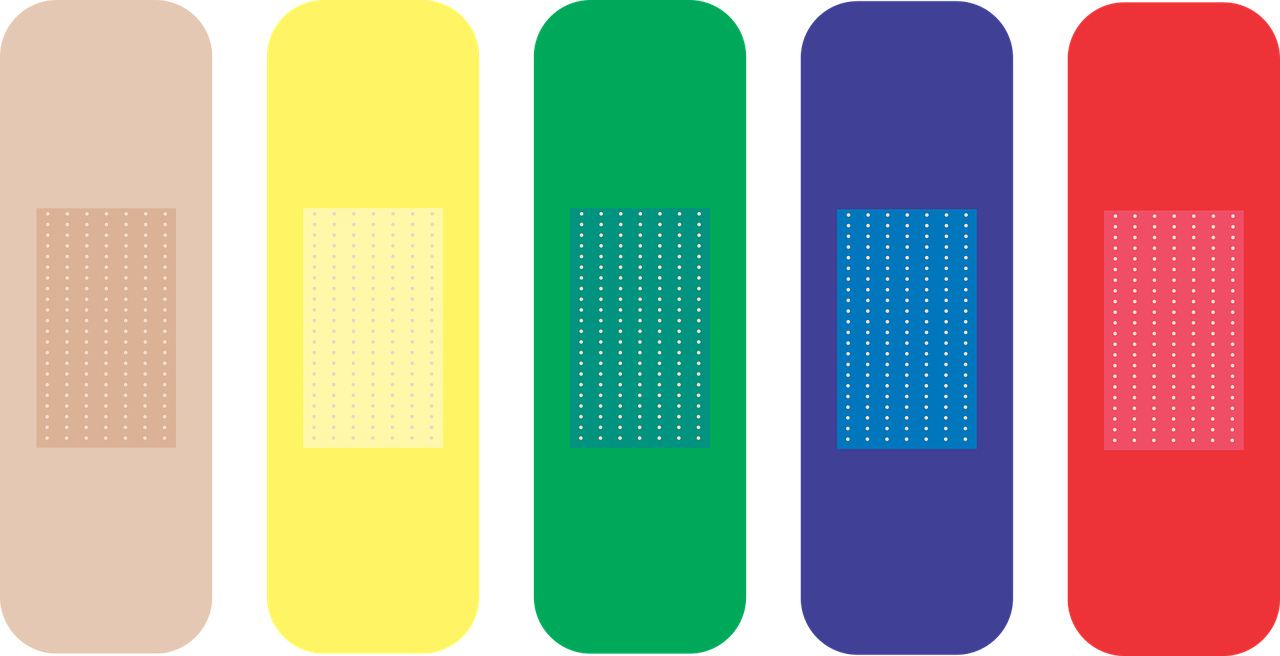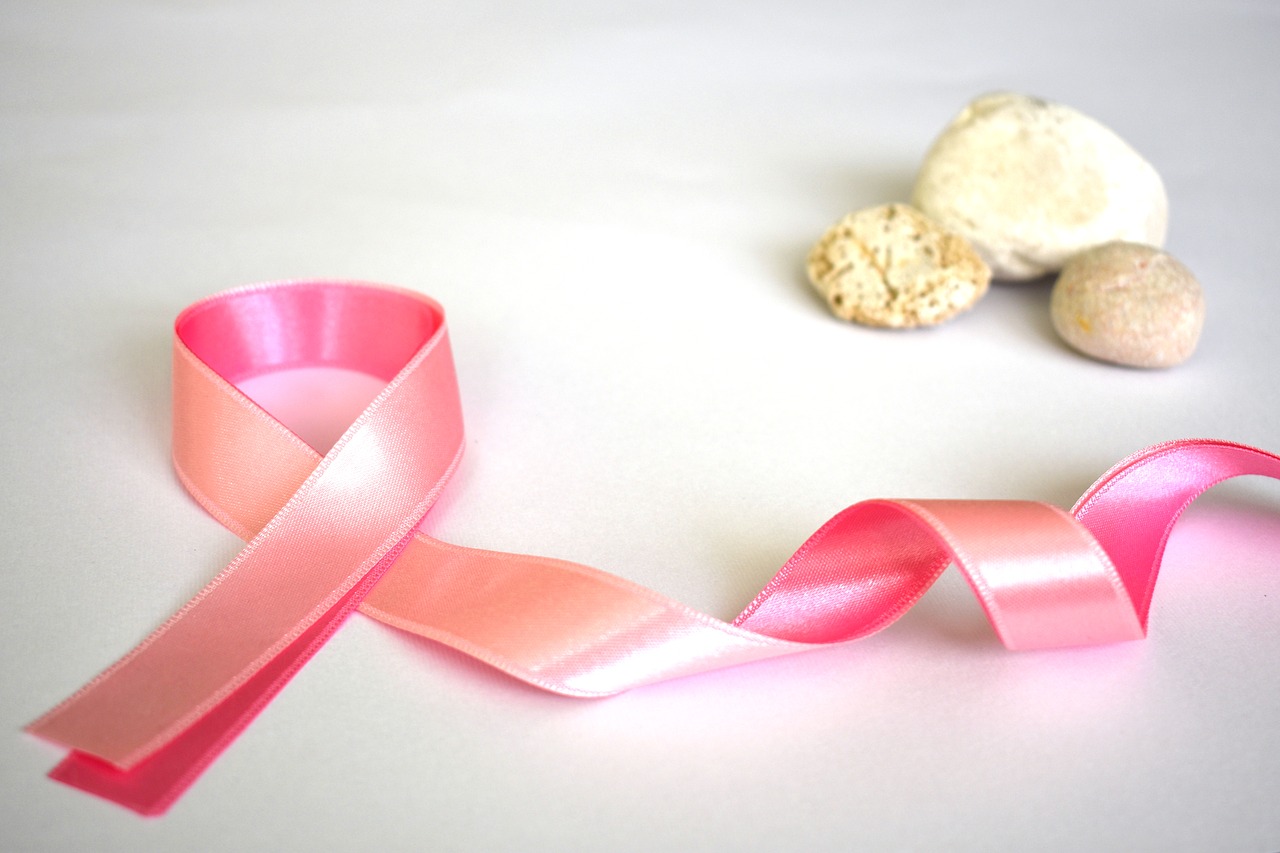If someone said, Ice cream can cater to the requirements of health inclined consumers, would you believe it? You better do. Researchers at CSIR-Central Food Technological Research Institute have developed a low-fat synbiotic ice-cream enriched with prebiotic beta‐manno‐oligosaccharides (beta‐MOS) and probiotic; Lactobacillus species.
Ice cream follows chocolate as the second most dreaded food. It is fat-rich, calorie-rich and has no fiber at all. Now prebiotics and probiotics can change all that and turn ice creams into not only a delicious but also a healthier probiotic food.
Probiotics are live microorganisms which when administered in adequate amounts confer health benefits. Generally, probiotics are said to improve the immune system, bowel health, and often credited with anticancer effect. Fermented dairy products like yogurt and curd are popular sources of probiotics. Thanks to this research, ice-cream too joins the list of pre and probiotics.
Prebiotics selectively stimulate the growth of beneficial microbes like Lactobacillus species which live in our guts. Most of the dietary fibers serve as excellent prebiotics. A food supplement that combines pre- and probiotic is called synbiotic and can positively affect the consumer’s gut by improving the survival of beneficial microbes.
Increasing health consciousness has compelled food scientists to develop food supplements and functional foods that bring proven health benefits apart from delivering regular nutrients. And each day a new product is being added to the list and the CSIR-CFTRI product is one other addition.
But why chose ice cream to deliver good things? “Ice cream is nutritionally rich food. It is also most widely accepted by people of all sections irrespective of their age and socioeconomic status. Hence, it seemed to be an ideal choice for us to develop a healthy ice cream”, says Dr. Mukesh Kapoor, the lead scientist.
The team has successfully developed a low-fat synbiotic ice cream using beta-MOS, a plant-derived fiber as a prebiotic component and Lactobacillus plantarum and Lactobacillus fermentum as probiotics.
The ice cream mix consisted of milk powder, sugar, fat, stabilizer, emulsifier, vanillin, milk with or without beta-MOS or Fructooligosaccharide (FOS). FOS is a well-known prebiotic and hence was used for comparison. Various ice cream formulations were prepared, like normal fat ice cream containing probiotic Lactobacillus spp., low-fat ice cream containing probiotic Lactobacillus species, low-fat ice cream supplemented with FOS and probiotic Lactobacillus species, as well as low-fat ice cream supplemented with beta-MOS and probiotic Lactobacillus.
All the ice cream mixes were stored at -200C over a period of time, the temperature at which ice creams are normally stored. It was found that despite such freezing the ice creams could maintain probiotic cultures from the stored ice creams were later found to survive and populate the extreme conditions of the stomach and intestine.
The low-fat synbiotic ice creams showed better consistency index, flow behavior, and viscosity, the general characteristics that make ice-creams likable, than ordinary low-fat ice cream. Moreover, these ice creams also had better brightness and were appeared whiter. “The number of probiotic bacteria showed no reduction until the 40th day. However, their number was reduced marginally on 65th day during storage at −20°C” says Dr. Kapoor.
The probiotic bacteria are useful only when they can survive the harsh conditions in the stomach and intestine. To test whether this happened, the novel ice creams were tested in a simulated gastrointestinal environment. The results reveal that the presence of beta-MOS could enhance the survival of Lactobacillus plantarum as well as Lactobacillus fermentum under gastric and intestinal stress when compared to their respective ice-cream controls.
“Apart from improving the effectiveness of ice cream, the study shows that beta-MOS improves survival of Lactobacillus spp. and opens up many opportunities to create new, novel, healthy foods”, says Dr. Mukesh Kapoor.
The research findings were published in a recent issue of the Journal of Food Processing and Preservation. The team consisted of Dr. Mukesh Kapoor, Principal Scientist, CSIR-CFTRI and his students Deepesh Panwar and Shubhashini A. The research was undertaken as a part of the Academy of Scientific and Innovative Research.
Akshatha Subramanya
If you liked this article, then please subscribe to our YouTube Channel for the latest Science & Tech news. You can also find us on Twitter & Facebook.



